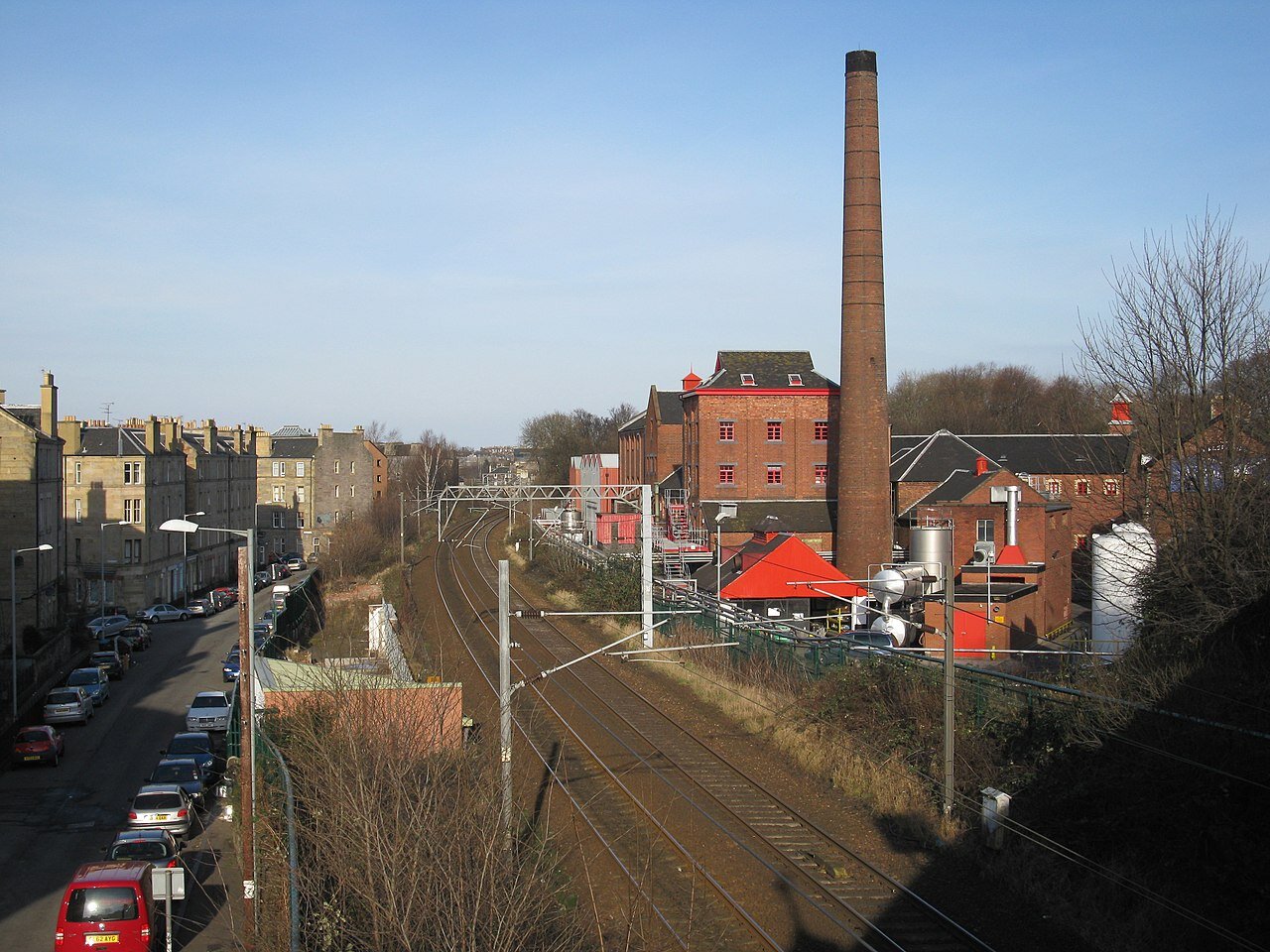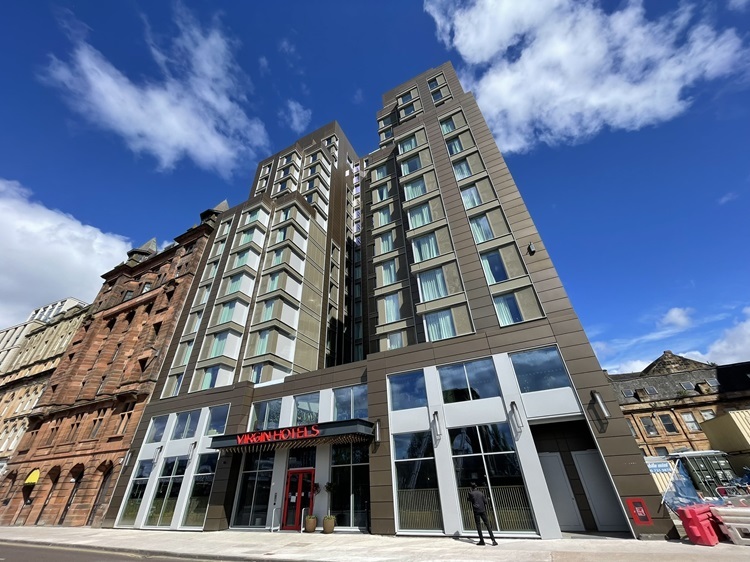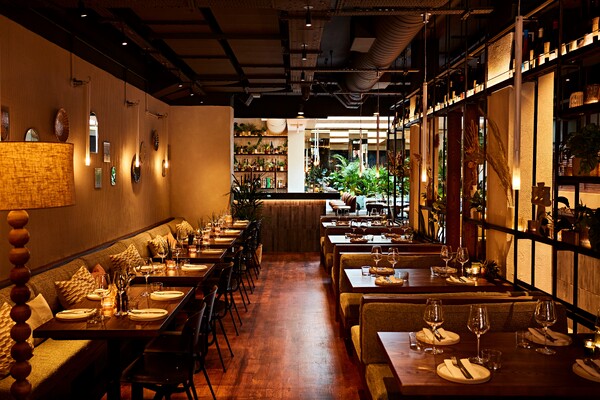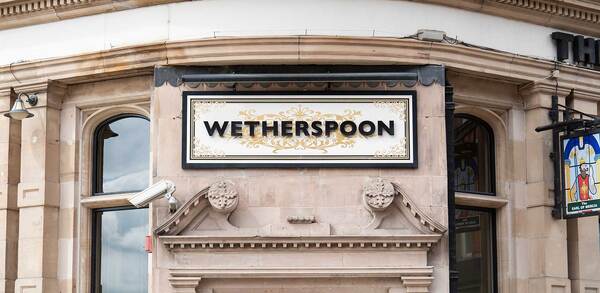Heineken urged to rethink 'devastating' closure of historic Caledonian brewery
Heineken has been urged to rethink plans to close the historic Caledonian Brewery in Edinburgh after 153 years, with a campaign group warning the move would be “devastating” for Scotland’s brewing heritage.
The site first opened in 1869 and has been operated by Heineken since 2008.
Announcing the closure on Wednesday (25 May), the Dutch brewer said the decision had not been taken “lightly” but production at the site had declined over the past ten years.
Heineken said Caledonian’s brands, including Deuchars IPA and Maltsmiths, could be produced under license at Greene King’s Belhaven brewery in Dunbar instead.
The remaining 30 staff at the Edinburgh brewery and their trade union representatives will now enter a period of consultation with management over their future.
Matt Callan, supply chain director for Heineken UK, said: “The sad fact is, [the Caledonian’s] Victorian infrastructure means significant inefficiencies and costs, particularly as it is operating below capacity.
"To modernise the brewery, and to meet our own sustainability commitments, would require considerable ongoing investment, which would make operating the brewery economically unviable.”
Nik Antona, chairman of the Campaign for Real Ale (CAMRA) said the announcement was “grim news for Edinburgh and Scotland’s brewing heritage” and part of a pattern of “historic breweries, beers and brands being eroded through closures, mergers and lack of promotion in recent years.”
CAMRA’s Scotland director Stuart McMahon added: “While some brands are due to be brewed under licence at Belhaven, this nonetheless will see Caledonian beers losing their identity and provenance as part of Edinburgh’s brewing history and puts the long-term future of these brands, especially the brewery’s seasonal and special beers, in doubt.
“That’s why we are calling on Heineken to think again about this devastating closure, enter discussions with all interested parties and find a viable way forward to save this historic site as a brewery.”
Caledonian brewery will continue to operate during the consultation period with staff.
Image: Wiki Commons















